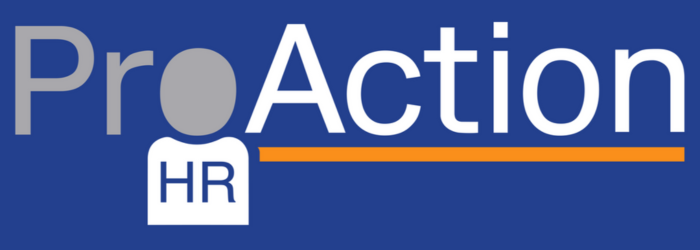Its vital that employers take action to tackle poor mental health at work
Business buzzwords come and go - every month sees a new trend becoming increasingly more important for employers. Employee Wellness is not just a trend or a buzzword. In fact, making mental health at work a priority has never been more important than now.
For several years now, employers have seen the benefits of supporting their staff through physical and mental health issues – not only to boost productivity but to build positive employee engagement by showing they care as much about their teams as they do the bottom line.
Coronavirus has had a massive impact on the global workforce, whether someone is a key worker, on furlough, facing redundancy, working from a different location, juggling work and parenting or caring, or managing a team remotely. There are so many forces that create additional mental workload for many people and in 2021 and beyond, it’s vital every employer takes action to address poor mental health at work.
Employee wellness has a direct impact on company performance, with sick day absences or unhealthy employees struggling through the day affecting both productivity and motivation. So, what support do employees need to improve their wellbeing at work? How well would the employees of your organisation fare in a wellbeing survey? Can you afford to assume that people are, by and large OK, especially in the midst of a global pandemic?
It would be fair to say, that for the majority of business owners, board members and leadership teams, their collective knowledge on how best to address these issues will be somewhat limited, as this is fairly new territory for many.
However, avoiding the problem won’t make it go away.
Mental health issues have always been prevalent, and are much more openly discussed and respected as many organisations have done good work to address how they support employees to date. However, this is becoming a necessity, a duty of care, a corporate social responsibility and a basic expectation of all staff.
Individuals want to know what organisations are doing to help their well-being at work both during the impact of the pandemic but also longer-term too. Will it form part of a potential employee’s checklist when doing their due diligence on who is a good employer?
Where on earth do you start?
If you are part of the Leadership team and aware of this increasing need, where do you begin? How do you begin? How do you get it on the agenda when you are also being tasked with Health & Safety issues, pressures on budgets, concerns about cashflow and reduced resources?
Fundamentally, you should define your approach based on the parameters you have to work in. At ProAction HR, we consider any wellbeing programme to follow the 3 C’s; Culture, Compassion and Collaboration.
Culture:
You need to set the tone, there is no point having a message out there that the organisation cares how people feel if the leaders are not reflecting that in their behaviours and demands. The message is pointless until staff actually feel their wellbeing matters and is supported.
Compassion:
People can ask how someone is, but it doesn’t mean they are listening or actually taking notice of the response. Having open and supportive discussions with their line manager can make all the difference to how resilient a member of staff is at work. Everyone has faced adversity, but thriving from it will have a positive impact on your organisation. Showing compassion is one big step to enable that.
Collaboration:
Not all interventions have to be expensive or timely. What is key is that they are meaningful to the employees. Everyone will have different ideas on what wellbeing means to them, but understanding what that is, and getting the staff to identify and implement them will ensure they are effective.
What are your next steps?
Whatever you choose to do now, choose to take steps. You are going to have uncomfortable moments, but preparing in advance should help people confident to take them. There will be moments when you may have to share some of your own experiences, and show that you are human too. Obviously, there are practical factors of running a profitable company that always have to be considered, but doing that whilst showing compassion for others will pay you dividends in the end.
We can help you identify areas of priority and offer suggestions for empowering your staff to maintain their mental and physical health and prepare managers to be confident having the right conversations.


